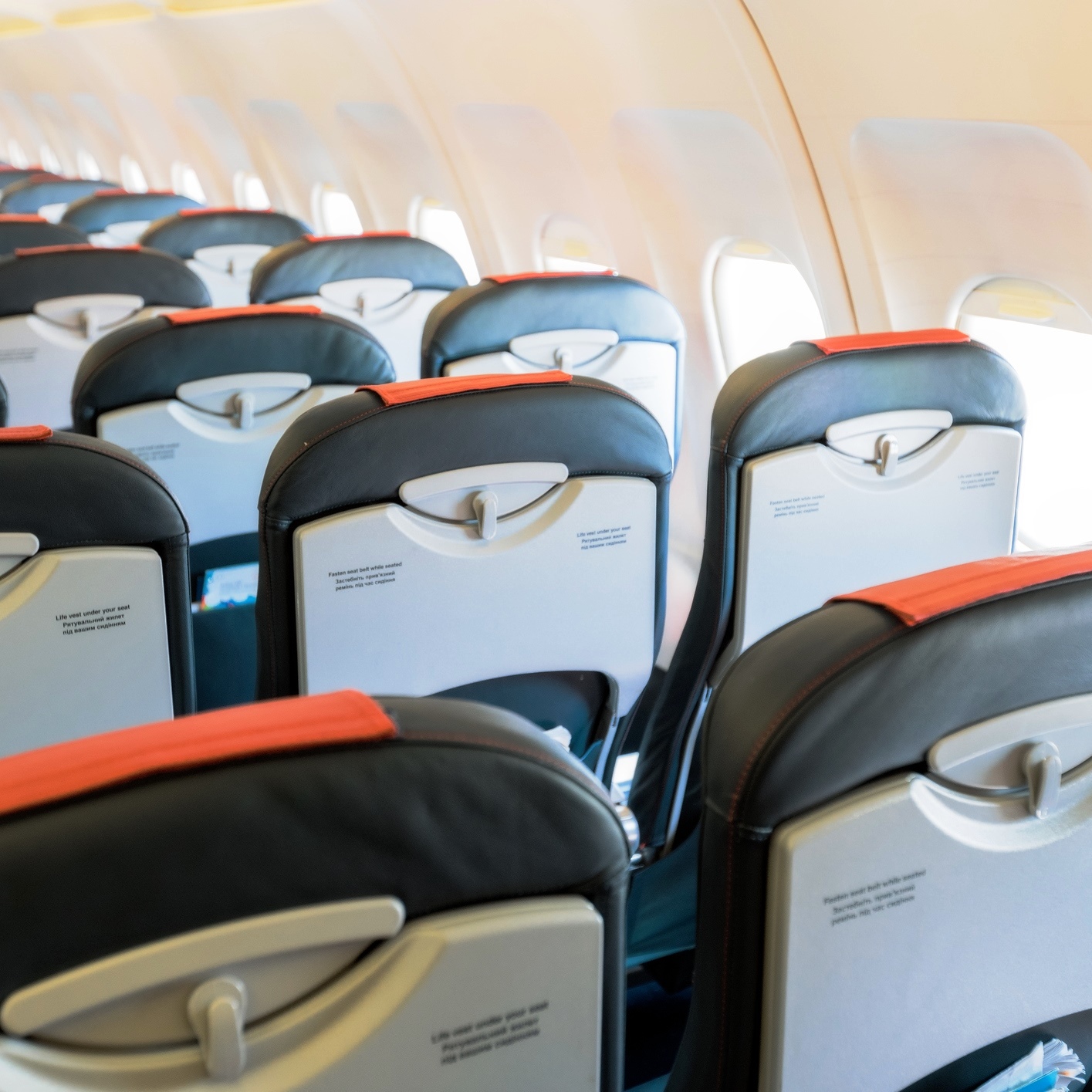
Fees for baggage, preferred seating and a seemingly endless list of other items generated $7 billion in airline revenues last year. Many of those fees are disclosed to potential passengers before they buy their tickets, but a significant number are not disclosed, if at all, until the passenger is either at the airport or on the plane.
The U.S. Department of Transportation in July 2011 proposed a rule that would have required airlines to disclose detailed information about the ancillary fees they charge customers. The proposal would have required large airlines to report quarterly on 19 separate fee categories. In December of last year, the department withdrew the proposed rule.
Comments on the proposed rules fell into two camps: consumer advocates that supported the rule and airline industry participants that did not. No surprise there.
The proposal generated about 280 comments, with consumer groups, an association representing governmental bodies that own and operate commercial U.S. airports, and one airline — Southwest — supporting the rule because it would make fees more transparent and improve reporting on the portion of the fees that supports a federal trust fund for airport operators.
On the other side, most airlines and airline industry groups commented that the rule would not benefit the public because the Transportation Department had not demonstrated that the public needed this information. We’re not making that up. See the summary of the comments received on this proposed rule.
According to a report Friday morning from Bloomberg, the airlines are trying to kill efforts by third-party ticket booking companies to provide customers with accurate data on fees and other items of concern to airline passengers. The airlines may be poised to win again:
[T]he airline companies are fighting to take these tools away from you, banking on the Trump administration’s antiregulation fervor to get their way. In December the airlines sent a lengthy series of requests to the U.S. Department of Transportation that’s being evaluated. Among the priorities: repealing rules that mandate “full-fare advertising” and eliminating the requirement to display on-time flight and cancellation data during the fare-purchase process. In other words, they’re hoping to conceal the data that power third-party distribution channels—and all their shiny new features.
Consumer site Travel Pulse cites a study showing that travelers pay an average of $30 more per ticket when they are unable easily to compare prices for plane tickets and fees. The lack of transparency adds nearly another $7 billion annually to airlines revenue streams. Any questions?
The Average American Has No Idea How Much Money You Can Make Today (Sponsor)
The last few years made people forget how much banks and CD’s can pay. Meanwhile, interest rates have spiked and many can afford to pay you much more, but most are keeping yields low and hoping you won’t notice.
But there is good news. To win qualified customers, some accounts are paying almost 10x the national average! That’s an incredible way to keep your money safe and earn more at the same time. Our top pick for high yield savings accounts includes other benefits as well. You can earn up to 3.80% with a Checking & Savings Account today Sign up and get up to $300 with direct deposit. No account fees. FDIC Insured.
Click here to see how much more you could be earning on your savings today. It takes just a few minutes to open an account to make your money work for you.
Our top pick for high yield savings accounts includes other benefits as well. You can earn up to 4.00% with a Checking & Savings Account from Sofi. Sign up and get up to $300 with direct deposit. No account fees. FDIC Insured.
Thank you for reading! Have some feedback for us?
Contact the 24/7 Wall St. editorial team.

